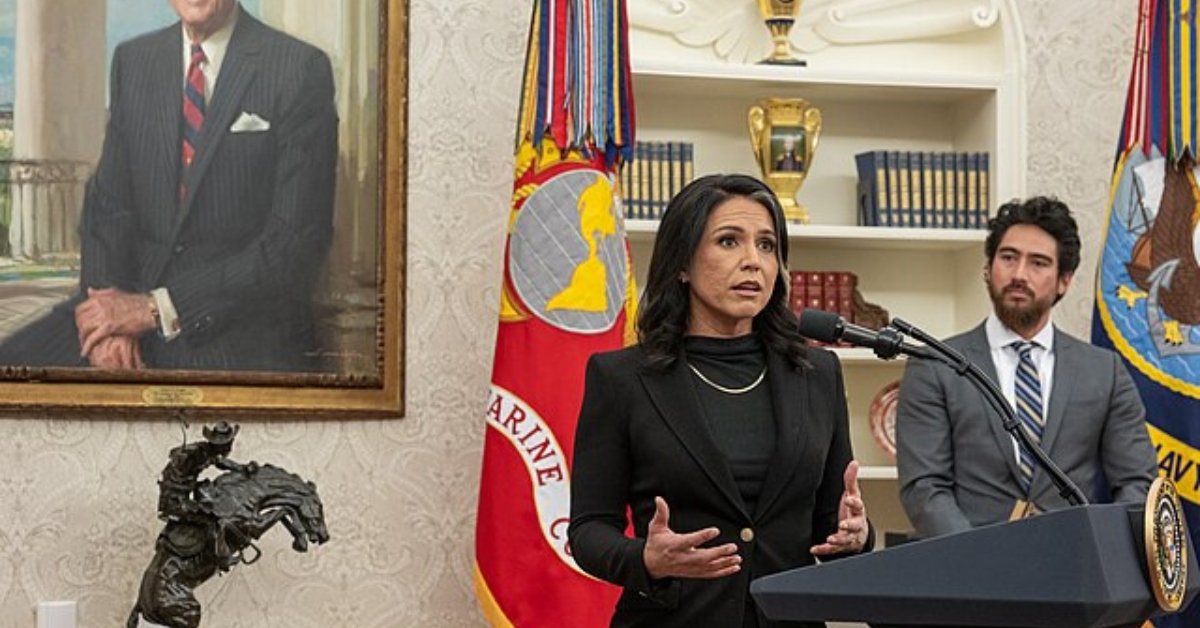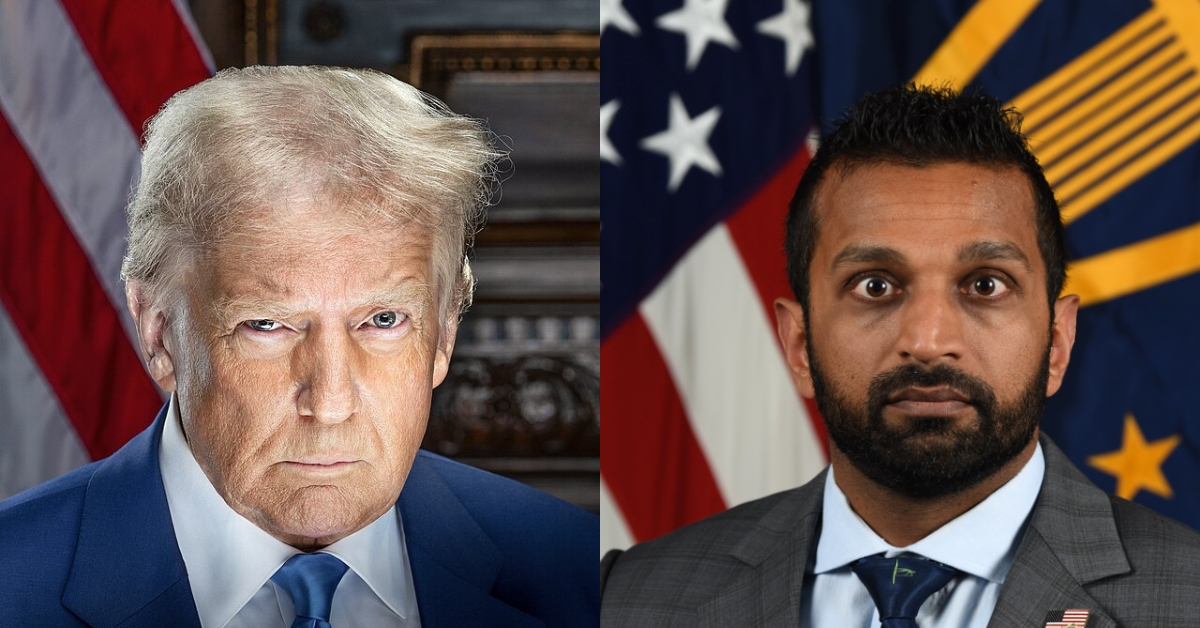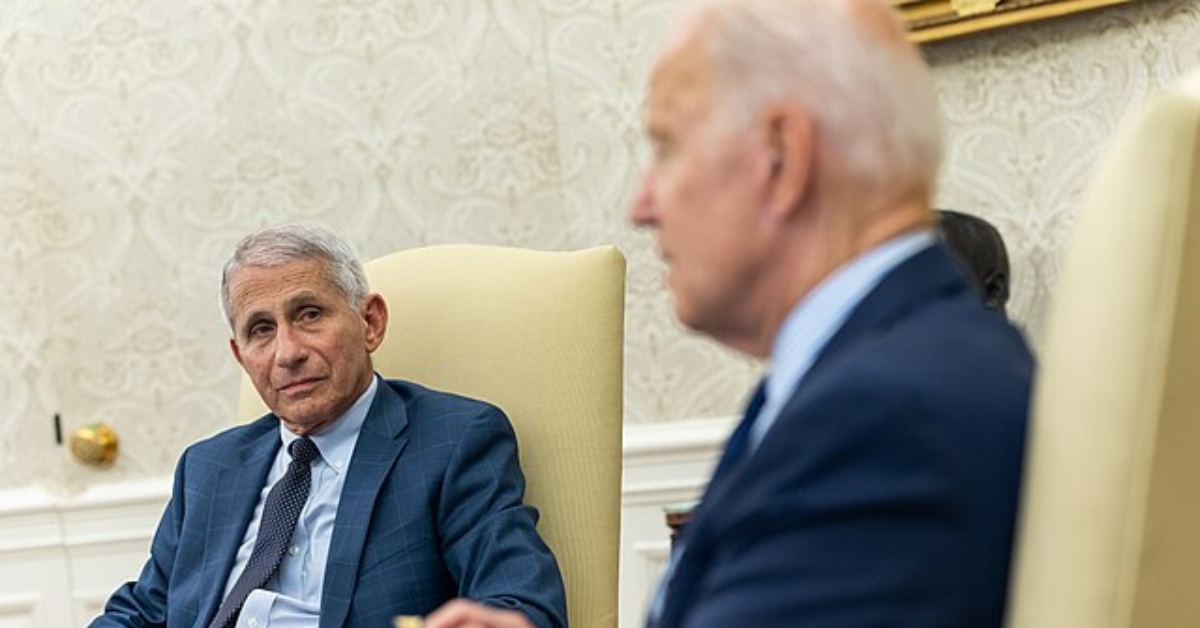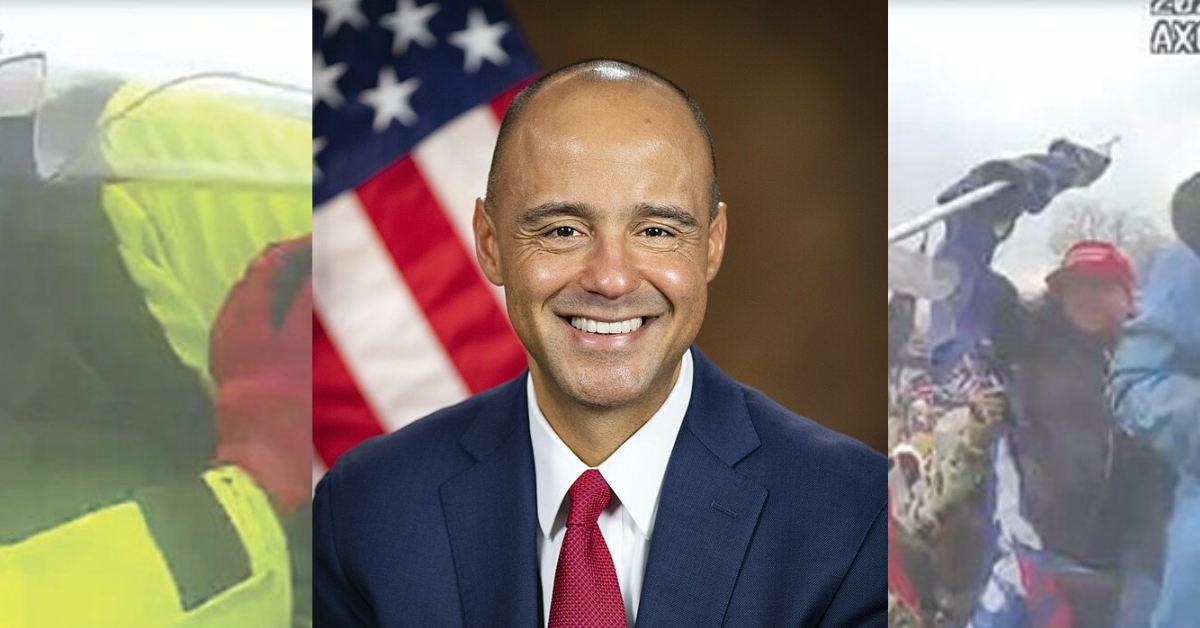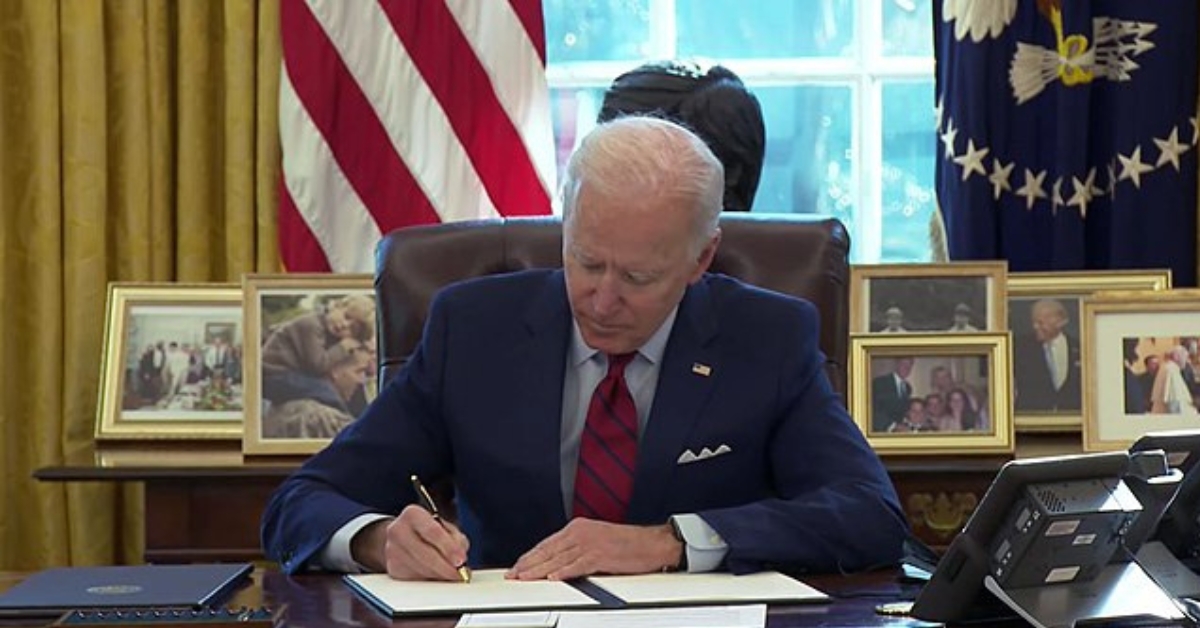
Biden Administration Uses Taxpayer Funds to Register Democrat Voters
Nearly three years into President Joe Biden’s tenure, Executive Order 14019 stands as a testament to the administration’s efforts to reshape the landscape of American democracy. Ostensibly designed to promote voting access, this directive represents a stark pivot towards federal overreach into areas traditionally reserved for state governance. Under the guise of enhancing democratic participation, the order has marshaled an array of federal agencies into the arena of voter registration and electoral mobilization, raising questions about the impartiality and appropriateness of such federal involvement.
Critically, the execution of this order reveals a pattern of collaboration with organizations that, while labeled “nonpartisan,” have clear affiliations with left-leaning political agendas. Groups such as Demos and the ACLU, both known for their advocacy for progressive causes, have been instrumental in federal efforts to increase voter registration. This alignment with entities deeply rooted in Democrat politics underscores the partisan undertones of an initiative marketed as a nonpartisan effort to strengthen democracy.
The implications of directing taxpayer funds towards these activities cannot be overstated. By engaging in what effectively amounts to a government-subsidized campaign to boost voter turnout among demographics favorable to the Democrat Party, the Biden administration blurs the lines between governance and politicking. This approach not only raises ethical concerns but also casts a shadow over the integrity of the electoral process, potentially eroding public trust in the very democratic institutions it allegedly seeks to bolster.
Moreover, the broad scope of agencies involved in these efforts—from the Office of Personnel Management’s policy changes to the Department of Education’s directives to universities—illustrates a concerted effort to embed voter registration activities across various facets of federal operations. This widespread mobilization, while championed as a means to eliminate barriers to voting, seems strategically designed to cultivate a voter base aligned with Democrat interests.
The controversy surrounding this executive order and its implementation speaks to a larger debate about the role of the federal government in elections, a domain historically governed by a complex interplay of state and local regulations. By centralizing and expanding federal influence over voter registration and turnout initiatives, the Biden administration risks undermining the decentralized nature of U.S. electoral systems, potentially setting a precedent for future administrations to leverage federal resources for partisan gain.
As the country moves closer to another election cycle, the ramifications of Executive Order 14019 will likely continue to unfold. Critics argue that the order represents a misallocation of federal resources and an overstep of executive authority, challenging the principles of state sovereignty and electoral autonomy.
The methods and partnerships employed under Executive Order 14019 raise legitimate concerns about the potential for partisan influence and the appropriate boundaries of federal involvement in elections. As the nation grapples with these issues, the dialogue around democracy, governance, and the sanctity of the electoral process remains more relevant than ever.
